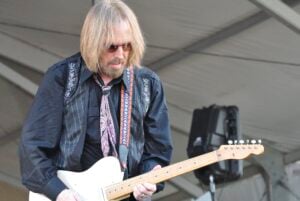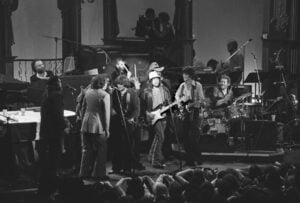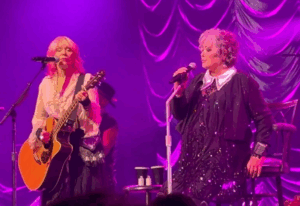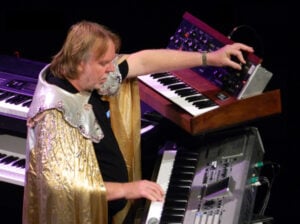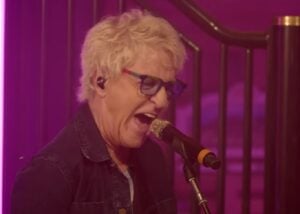The 7 Most Underappreciated Bassists of All Time
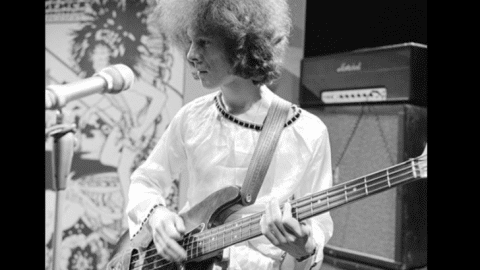
via mkcool18 / YouTube
Music bands often shine because of their lead singers and guitarists. But what about the bassists? They play vital roles too, keeping the rhythm and adding depth to the music. Unfortunately, some don’t get the recognition they deserve. Let’s spotlight seven bass players who’ve made significant contributions to music but haven’t always been in the limelight.
7. Noel Redding
Noel Redding was known for his work with the Jimi Hendrix Experience. Playing bass for a guitar legend like Hendrix wasn’t easy, yet Redding’s contributions perfectly complemented Hendrix’s explosive guitar playing. His bass lines were like the strong foundation of a house, making sure everything else could stand tall and shine. Redding had a way of blending into the music, making his presence felt without stealing the spotlight, proving how crucial he was to the band’s sound.
6. Bob Daisley
Bob Daisley has been a key figure in shaping rock music, playing with famous artists like Ozzy Osbourne and bands like Rainbow. His talent for writing lyrics and crafting bass lines that drive songs forward is remarkable. However, despite his impressive resume, Daisley’s name isn’t as well-known as it should be. His ability to adapt to different band styles and bring out the best in music makes him a bassist who truly deserves more recognition.
5. Phil Lynott
Phil Lynott, the frontman and bassist for Thin Lizzy, was more than just a charismatic leader; he was a master of the bass guitar. Lynott had a unique style, combining his bass playing with his poetic lyricism and singing, which helped Thin Lizzy create unforgettable songs. Sadly, while his songwriting and stage presence are celebrated, his innovative bass playing often goes unnoticed. Lynott’s way of connecting with the audience, both through his performance and his music, showcased his underrated talent on the bass.
4. John Deacon
John Deacon may have kept a low profile compared to the other larger-than-life personalities in Queen, but his contributions to the band’s sound were anything but small. He penned some of Queen’s biggest hits and provided the band with its groovy and solid bass lines. Deacon’s playing was refined and precise, creating a perfect harmony with the band’s complex arrangements. His ability to stay in the background while still making his musical presence felt is a testament to his skill and humility.
3. Tina Weymouth
Tina Weymouth of Talking Heads brought a light and groovy feel to the new wave scene with her bass playing. Her style was distinctive and playful, adding a bouncy foundation that allowed the band’s eclectic sounds to flourish. Weymouth’s contributions went beyond just playing the bass; she was integral in crafting the band’s unique sound, proving that bassists could also be musical innovators. Despite her significant impact, she often doesn’t receive the same level of recognition as her bandmates.
2. John Taylor
John Taylor of Duran Duran brought an energetic and melodic approach to bass playing in the 1980s. His lines were catchy and drove many of the band’s hits, helping them stand out during the New Wave movement. Taylor’s ability to create bass lines that were both funky and rock-solid set a new standard for pop and rock music alike. However, despite Duran Duran’s massive success, Taylor’s role often flies under the radar, with many not realizing the skill and creativity he brings to the band.
1. Carol Kaye
Carol Kaye, the only woman in the famous group of session musicians known as The Wrecking Crew, played on thousands of recordings in the 60s and 70s, shaping the sound of American pop music. Despite her enormous body of work, which includes iconic bass lines on hits for the Beach Boys, Simon & Garfunkel, and more, many music fans are unaware of her legacy. Carol Kaye’s precision, creativity, and versatility make her one of the most influential bassists in music history, yet her name remains known primarily to those inside the music industry.













